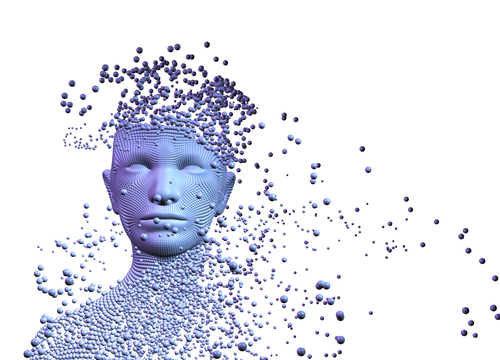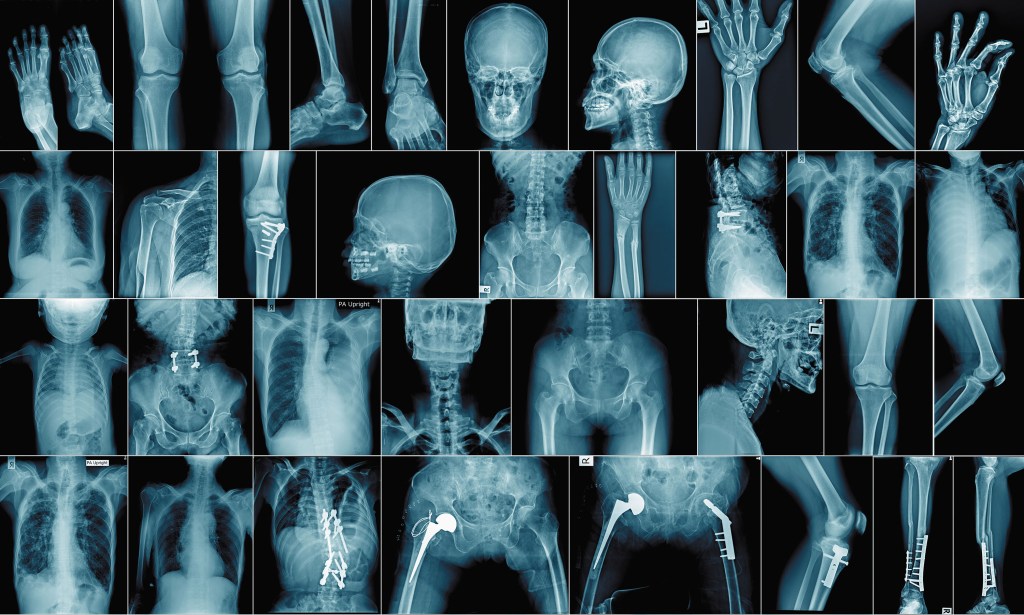How Will Artificial Intelligence Impact Insurance Staffing?

By: Eric Baker
Depending on your level of paranoia, you either think robots are definitely going to overthrow humanity—“Terminator” style—or they’re maybe going to overthrow humanity, but it’s too early to tell— “Westworld” style.
OK, maybe you’re not thinking about robots at all. But if you’re involved in hiring and developing your company’s next generation of leaders and top performers, it’s time to start integrating these considerations into your recruiting strategy.
Just as the last generation of robots largely replaced assembly-line workers, and the current one is on the cusp of overtaking the service sector, tomorrow’s robots—armed with artificial intelligence—will perform at least some of the white-collar work humans are currently responsible for.
AI technologies currently in development will replace human workers in industries from health care and product engineering to the corporate world. We’re talking about a potential paradigm shift on the level of the industrial revolution.
What kind of human employee will be most valuable to your agency in this near future? According to many experts, the focus for hiring will shift dramatically toward “soft skills” such as teamwork and interdisciplinary problem solving. “Soft skills” is really just a label for a certain group of behavioral competencies related to leadership, teamwork and cross-functional problem solving.
Based on extensive research, here are some of the key behavioral competencies to look for in candidates who could become part of your organization’s long-term talent development plan:
- Leading change: Candidate has a forward vision. They are capable of gaining buy-in from others and guiding the change process.
- Team building: Candidate displays the facilitation skills necessary to bring people together and guide them toward using their individual strengths to achieve shared goals.
- Conflict management: Change generates friction. Candidate is capable of managing challenges and steering disagreements toward constructive results.
- Active listening: Candidate listens to understand instead of listening to respond, leading to higher levels of collaboration, empowerment and engagement.
- Learning agility: Candidate is an agile thinker who recognizes market and industry changes and develops strategic responses—increasingly valuable as more robots replace task work.
- Information seeking: Candidate is driven by an underlying curiosity and desire to know more about things, people and issues.
Of course, soft skills shouldn’t replace other skills, training and expertise. But when you’re hiring for key positions in the AI era and your applicants are equal in other respects, they could be the differentiator in maximizing human performance.
Eric Baker is a writer and editor at Caliper.










